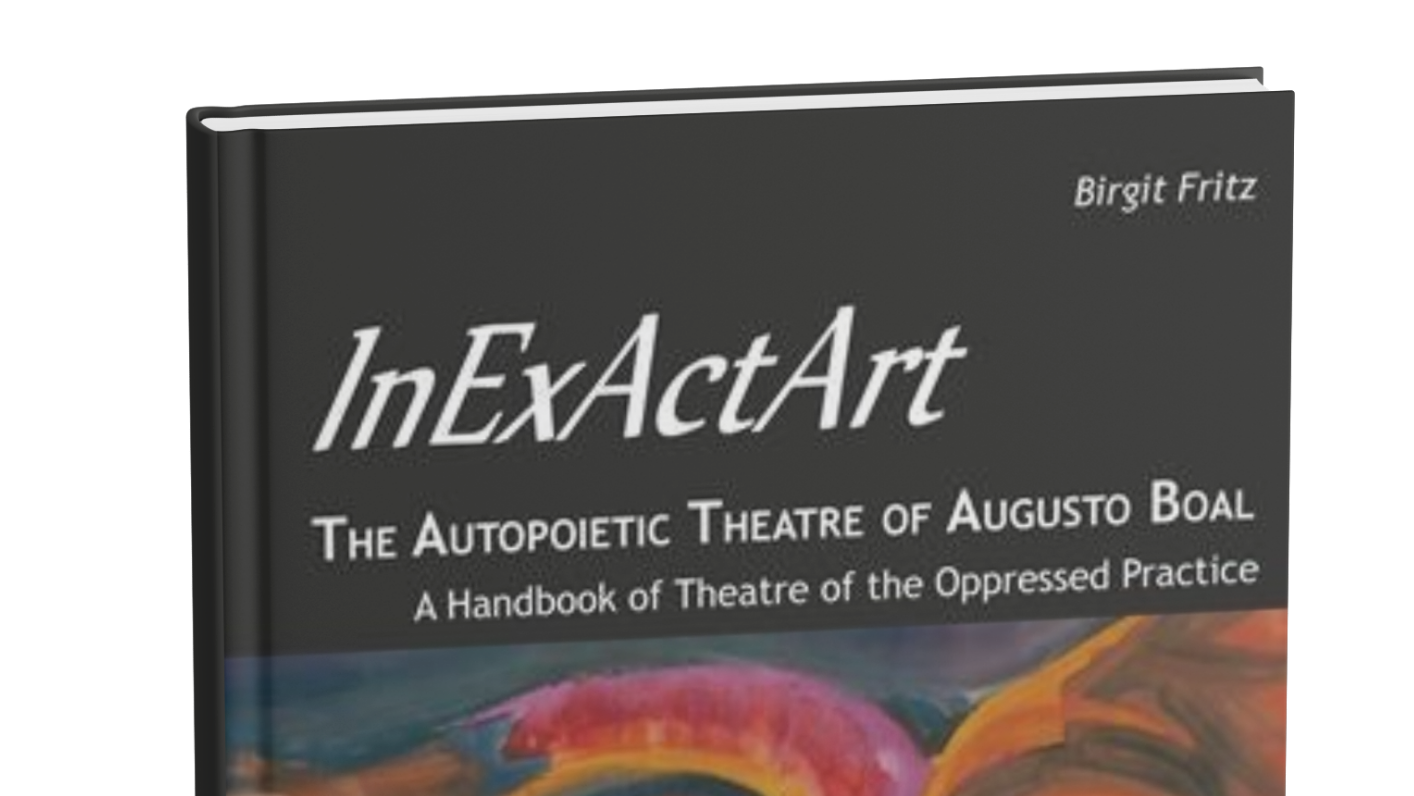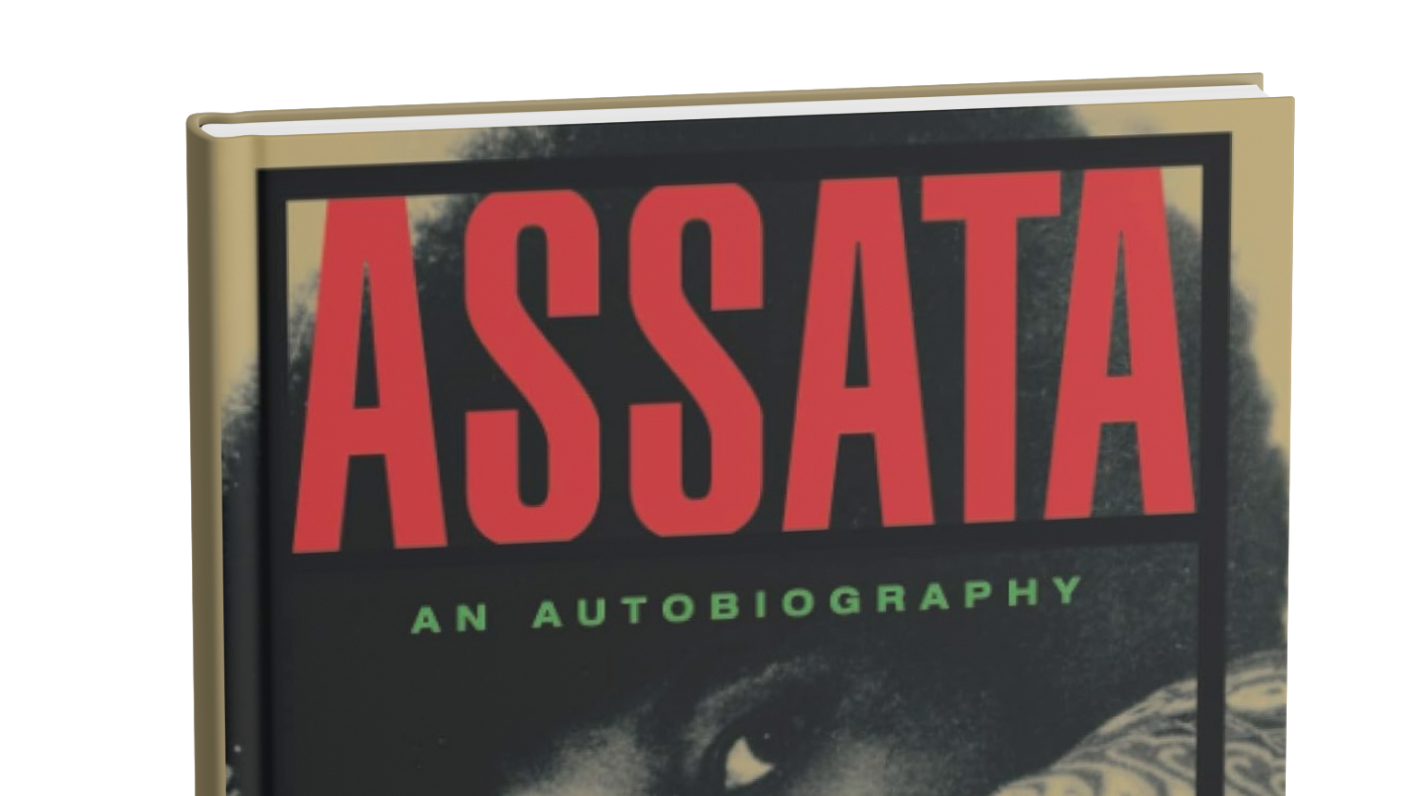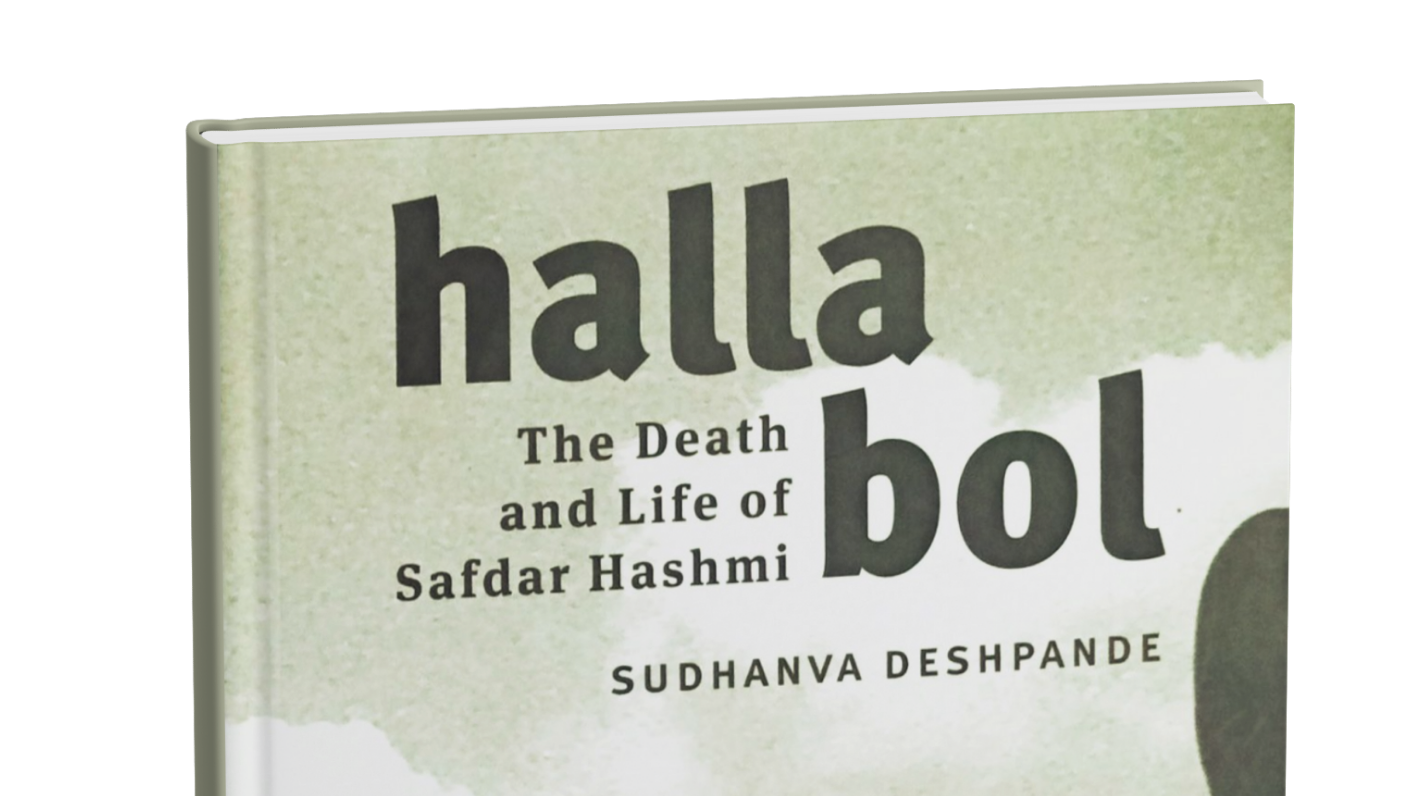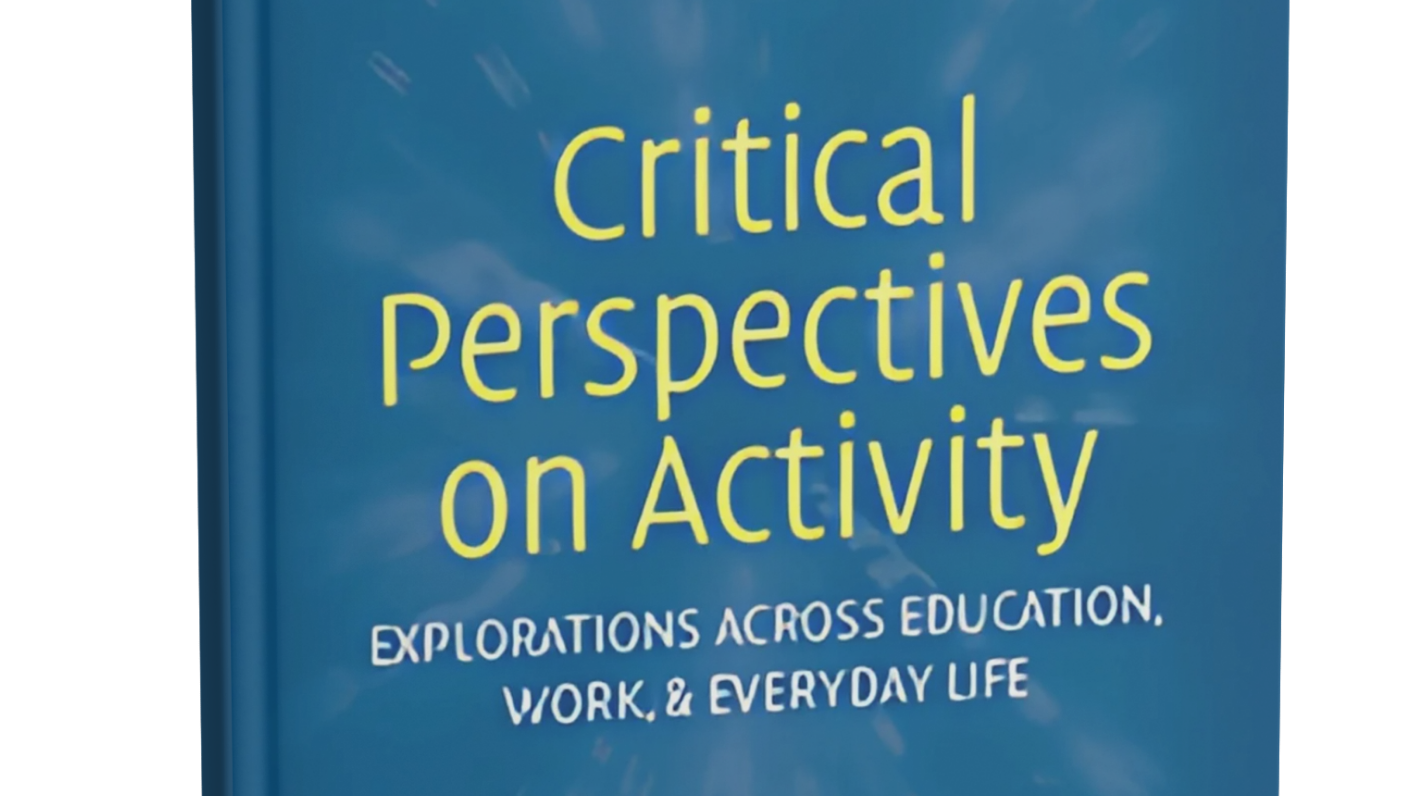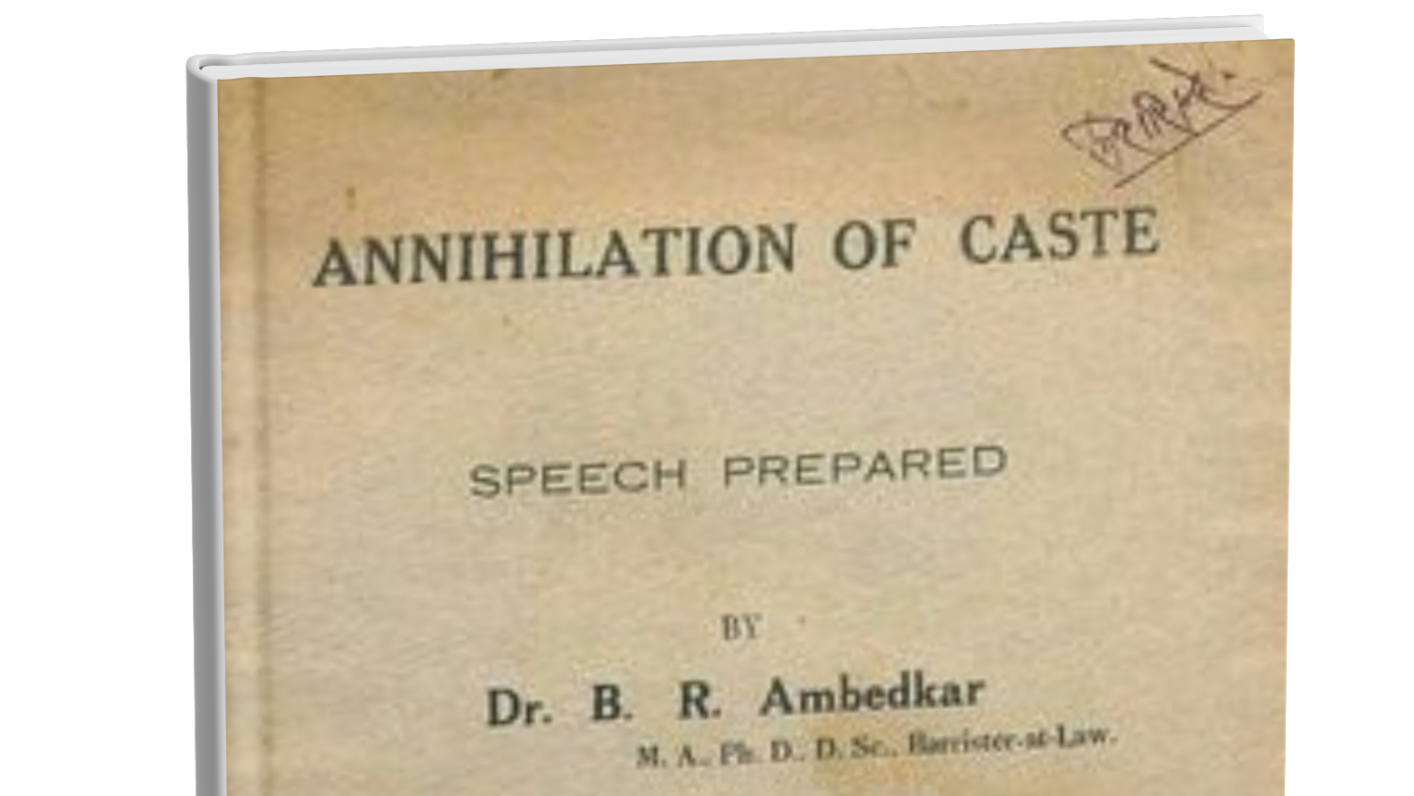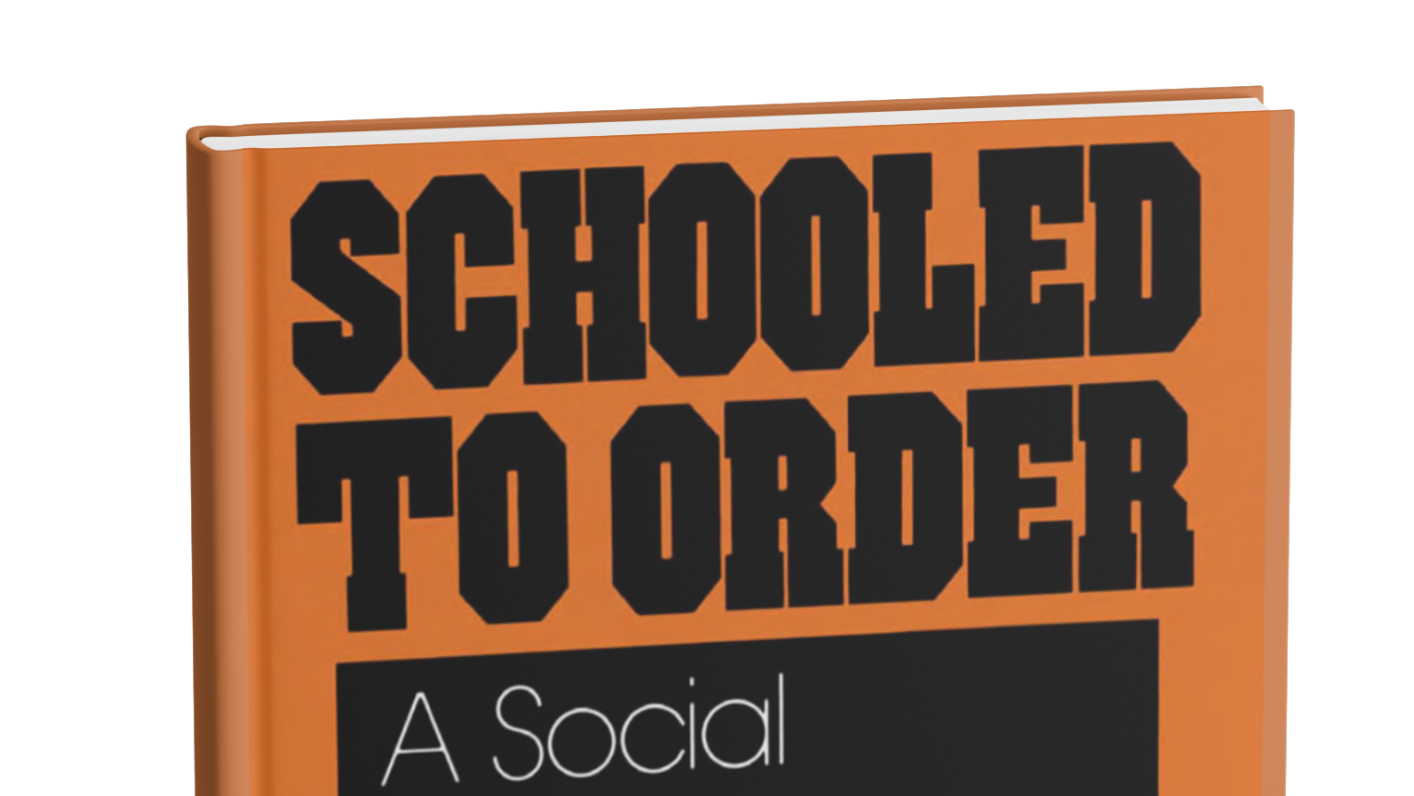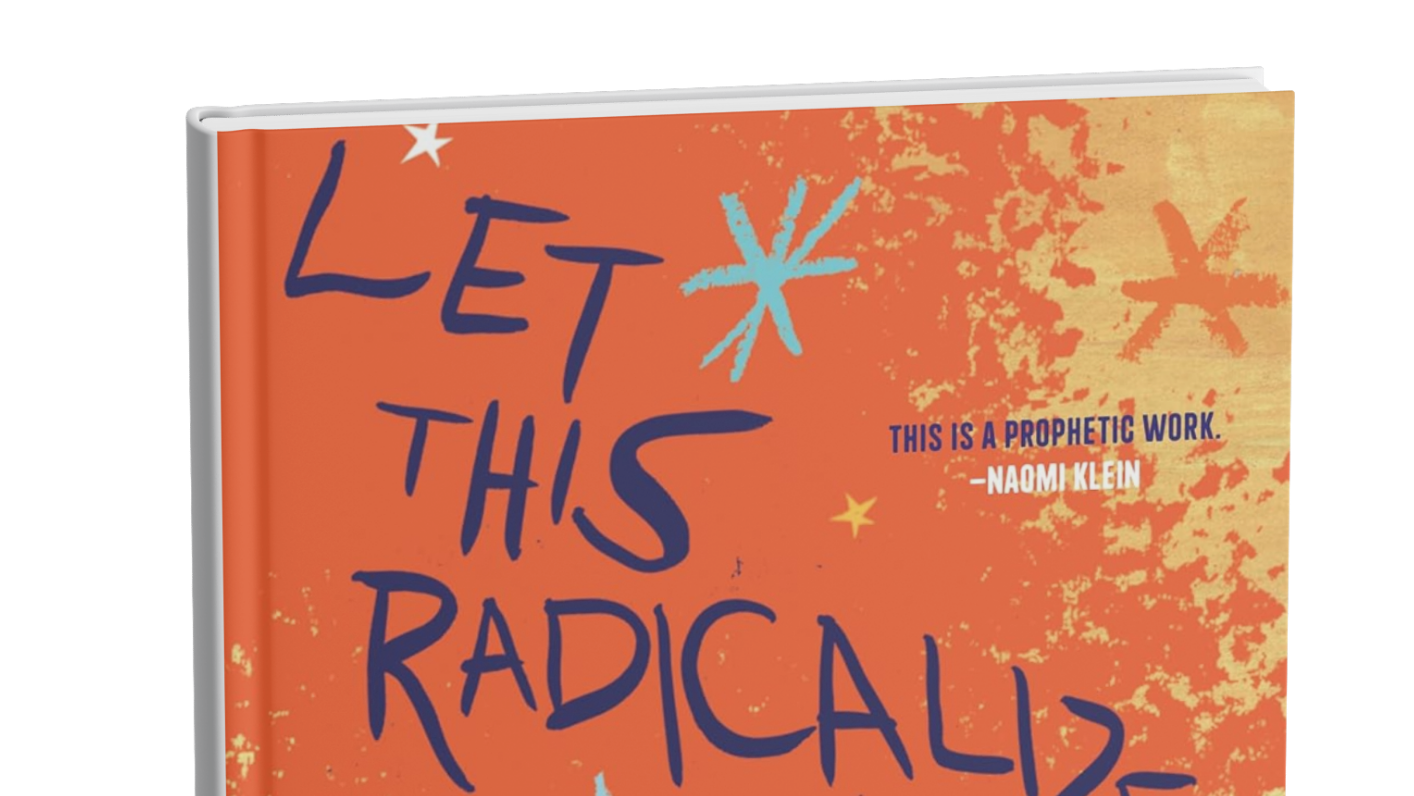In three sentences
1. Question the words we use to express ourselves and understand the world
2. Words like entrepreneurship and wellness have a “seductive power” that can hide an exploitative economic system
3. Dominant culture frames “getting rich” as a justified and moral goal
Impressions
Witty and concise, Keywords probes the words we use, listen and read all around us.
Top three quotes
The cult of entrepreneurship’s commodification of imagination, its celebration of self-sacrifice, and its bootstraps individualism make it a perfect ethic for social disinvestment masquerading as reform and profiteering disguised as charity.
I hope these essays can prod readers to reflect upon the keywords of the other world that remains possible. So, for free time, not “flexibility”; for free health care, not “wellness”; and for free universities, not the “marketplace of ideas.” For people power, not private “empowerment”; for more masses and fewer “leaders”; for imagination, and not “entrepreneurship”; for solidarity, not “sharing”; and for communal luxury, not solitary “grit.”
[T]he USAID called Haitians “the most resilient people on earth” after the country’s devastating 2010 earthquake, which seems like an allusion not just to the disaster response but to the country’s famous history of revolt. Swap “resilient” for “oppressed” or “revolutionary,” though, and you would have quite a different USAID press release.
Fascinating details
Imagine two extremes– on the left are people who believe that words make no difference to reality and on the right are those that make all the difference. Keywords pushes readers to think about the meaning of words but in ways that are related to materiality and history of words. I’d like to focus on two words: choice and meritocracy because I find them commonly used in everyday conversation.
Choice
We're often told a simple story: your life is the sum of your choices. Wake up early, eat right, study hard—success follows. It sounds empowering, like you're in full control.
But is that really true?
“Choice” has become our go-to word for freedom. Whether we’re choosing breakfast or a school, having options is supposed to mean being free. But this overlooks a key fact: not all choices are created equal.
What does it mean to “choose” healthy food if your local market only stocks overpriced organics or cheap processed snacks? What does school “choice” mean when the good schools require donations or are in neighborhoods you can’t afford to live in? You may have options, but they’re often limited, expensive, or out of reach.
That’s the trick. The system celebrates choice but makes real choices harder to access—then blames individuals when outcomes aren’t ideal. Didn’t get into an elite college? Should’ve worked harder. Stuck in a low-paying job? Picked the wrong skills.
When everything becomes a matter of personal choice, we stop asking harder questions—about caste, gender, class and more. We confuse having options with having power.
And that’s how systems stay unfair while convincing us they’re just a matter of individual decisions.
But this logic doesn’t stop at breakfast cereals or school admissions. It extends into how we explain success itself. If life is a series of choices, then those at the top must have simply made better ones. This is where the idea of meritocracy enters—and takes over.
Meritocracy
Leary shows that Michael Young coined the word meritocracy to imagine a future Britain where intelligence and education—not birth or wealth—determined who got ahead. Sounds great, right? In Young's dystopia, education wasn't about equality—it was just changing the entrance exam. The elite remained just as exclusive, but now they waved diplomas instead of family crests.
Young's insight was devastating: if education becomes the primary sorting mechanism, then access to quality education becomes the new gatekeeper. The "meritorious" eventually harden into a self-perpetuating ruling class, convinced they earned everything through talent alone and therefore owe nothing to those below.
Yet today, we've flipped his warning into an aspiration. Politicians praise meritocracy. Schools chase it. Companies claim to embody it. But as critics like Chris Hayes observe, this obsession with "merit" lets us dodge uncomfortable questions about class, caste, and inherited advantage. It gives inequality a moral sheen—if you didn't make it, maybe you just weren't deserving enough.
In this mindset, we stop seeing systems and see only individuals. And when a society believes the best and brightest will inevitably succeed, it becomes easier to blame those left behind—for not trying, not studying, not deserving.
That’s not fairness. That’s just aristocracy with better branding.
Reference:
Leary, John Patrick. 2019. Keywords: The New Language of Capitalism. Newburyport: Haymarket Books.
I have adapted the questions I used to think about the text from Ali Abdaal.
